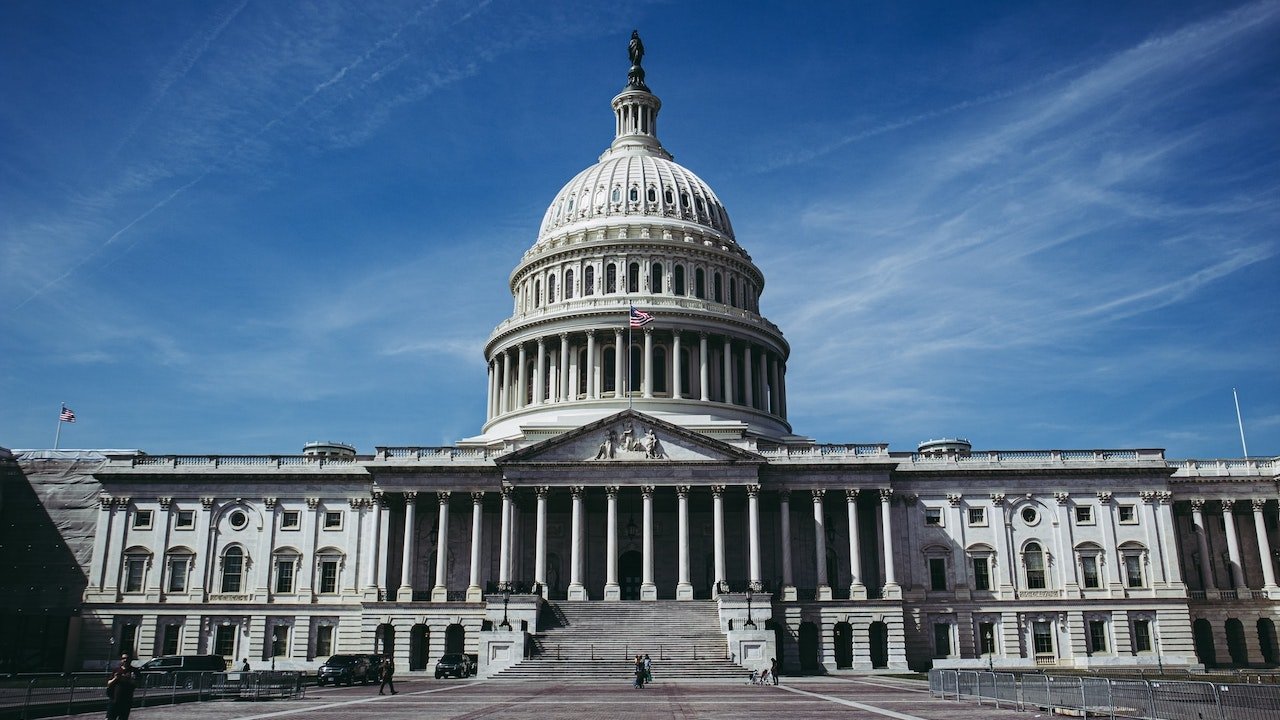A group including some of the US' largest publishers has backed the Senate Judiciary Committee's bills aimed at curbing antitrust actions — assuming they don't get lumped in with Apple, Google, and others
As the Senate Judiciary advances its Open Markets Act, the Digital Content Next (DCN) group has written to support the move. The group, whose members range from the New York Times, to the Associated Press, also back the bill preventing Big Tech firms from giving their own businesses preferential treatment.
According to Reuters, the group wrote to Judiciary Committee Chairman Dick Durbin, a Democrat, and Senator Chuck Grassley, Republican.
"Platforms should be able to moderate their services to protect consumers, police IP theft and prevent security lapses," says the letter by DCN executives Jason Kint and Chris Pedigo. "However, some dominant platforms have leveraged their privileged status as gatekeeper to unfairly compete in other markets."
Reuters says that the members of the publishing group see Google as unfairly siphoning off ad revenues. DCN wants to see platform's abilities to do this curtailed, but its members are concerned about the bills being applied to the publishers.
DCN has not published the letter, so it's not yet known how it raises this concern about its members coming under the new regulations for large firms. However, that membership does include large-scale companies such as Disney, Warners, Vox, and the Boston Globe, that could conceivably meet the definitions of Big Tech, and certainly count as acquirers of competition.
The group has also previously criticized how Apple prevents publishers having direct access to the readers of its publications.
"Paradoxically, Apple's fees and anti-competitive practices push companies away from direct audience revenue," the group said in a 2020 release, "and toward the murky world of digital advertising where a publisher doesn't have to take a 30% haircut on all customer revenue and keeps all of the upside from its advertising earnings.
"In some ways, Apple's behavior actually works to the disadvantage of companies looking to follow their lead on consumer trust," it said at the time.
Separately, DCN has previously backed the Coalition for App Fairness in wanting App Store regulation.
 William Gallagher
William Gallagher







-m.jpg)






 Marko Zivkovic
Marko Zivkovic
 Christine McKee
Christine McKee
 Andrew Orr
Andrew Orr
 Andrew O'Hara
Andrew O'Hara


 Mike Wuerthele
Mike Wuerthele
 Bon Adamson
Bon Adamson




-m.jpg)



15 Comments
Publishers have a global cartel thanks to archaic copyright laws and have the gall to ask for restraints against tech?
Once upon a time, you went to a bookstore and bought a book, and if you paid cash, then nobody knew who bought the book. If you used a credit card (and maybe also a frequent-buyer card), then the bookstore knew who bought the book, but the publisher still didn't. What's wrong with it being that way today? Whine, whine, whine.
Also: "30% haircut" is weasel-words designed to make it sound like some kind of lethal decapitation that ought to be banned. It's called a markup. If you need $5, then set your store price to $7, and Apple will keep about $2 of that. It's not rocket science; retail markup has been around for decades before Apple even existed, and it never chopped anyone's head off.